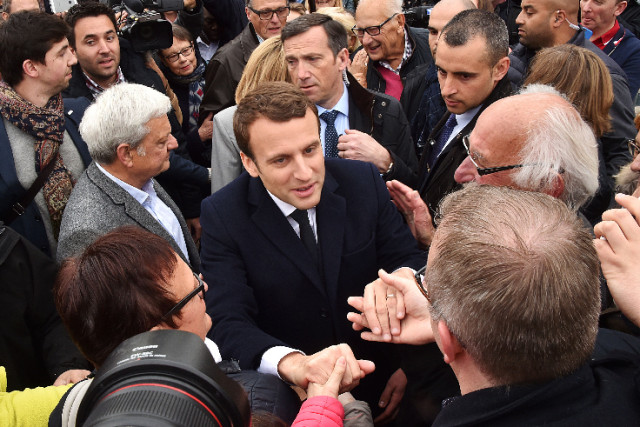Elections in France results show French voters have chosen to give a broad leftist coalition the most parliamentary seats in pivotal legislative elections, keeping the far right away from power.
Nothwitstanding, no party won an outright majority, putting France in an uncertain, unprecedented situation.
President Emmanuel Macron ’s centrist alliance arrived in second position and the far right in third — still drastically increasing the number of seats it holds in the National Assembly, France’s lower house of parliament.
No clear figure has emerged as a possible future prime minister.
Macron says he will wait to decide his next steps, and heads to Washington this week for a NATO summit.
The new legislators can start work in Parliament on Monday, and their first new session starts July 18.
Three major political blocs emerged from the elections — yet none of them is close to the majority of at least 289 seats out of 577.
Modern France has never experienced a parliament with no dominant party.
Such a situation requires lawmakers to build consensus across parties to agree on government positions and legislation.
France’s fractious politics and deep divisions over taxes, immigration and Mideast policy make that especially challenging.
This means Macron’s centrist allies won’t be able to implement their pro-business policies, including a promise to overhaul unemployment benefits. It could also make passing a budget more difficult.
Macron may seek a deal with the moderate left to create a joint government. Such negotiations, if they happen, are expected to be very difficult because France has no tradition of this kind of arrangement.
If he can’t make a political deal, Macron could name a government of experts unaffiliated with political parties.
Such a government would likely deal mostly with day-to-day affairs of keeping France running.




















